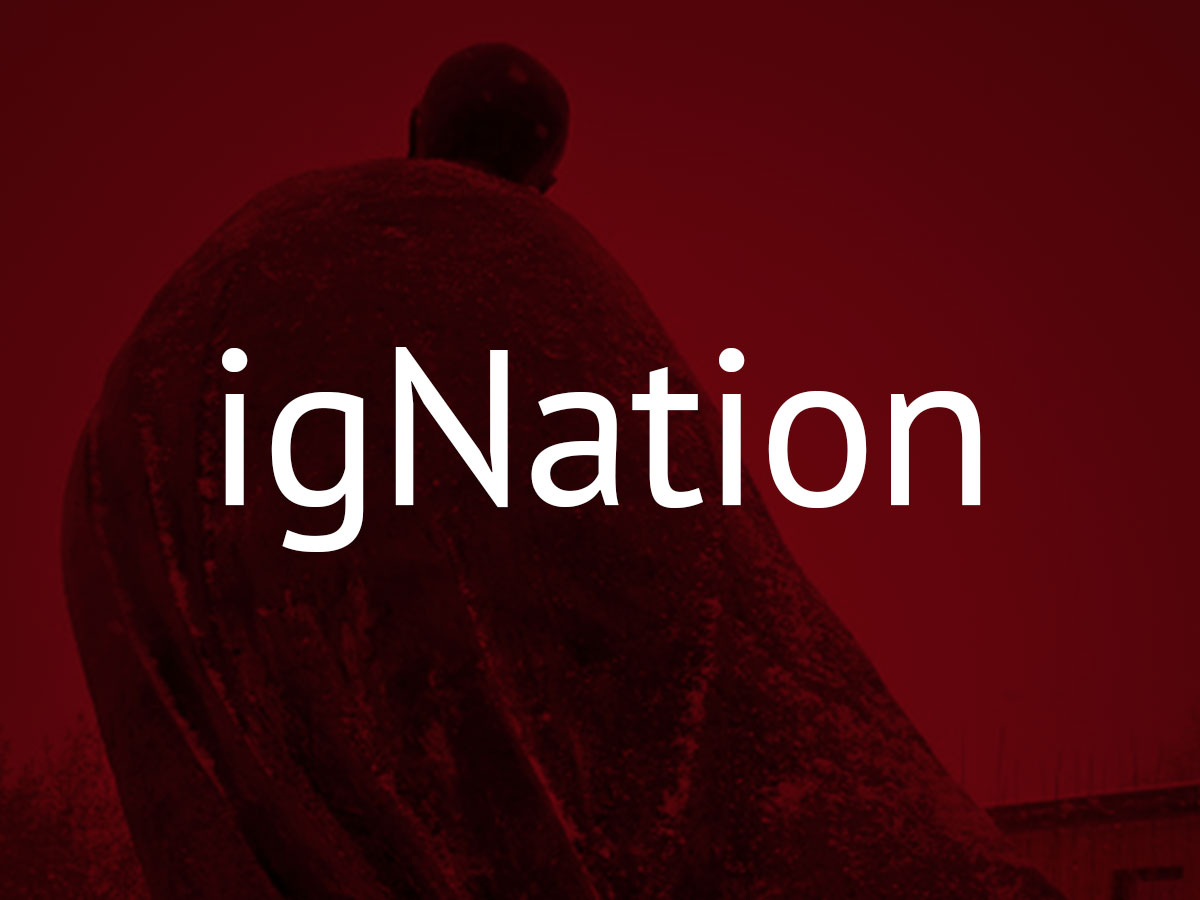Waiting: Where We Are Now – Four Reflections for Advent 2015 – (4) The Nativity

4: The Nativity
 Scripture verse
Scripture verse
She gave birth to her first-born son and wrapped him in swaddling cloths, and laid him in a manger, because there was no place for them in the inn. (Luke 1:7)
From the Spiritual Exercises
Consider what [the Holy Family] are doing, for example, making the journey and labouring that our Lord may be born, in extreme poverty, and that after many labours, after hunger, thirst, heat, and cold, after insults and outrages, He might die on the cross, and all this for me. (Sp. Ex. #116)
Grace to be prayed for
This is to ask for what I desire. Here it will be to ask for an intimate knowledge of our Lord, who has become human for me, that I may love Him more and follow Him more closely.
When God enters our Stories
Security …………………Rootedness
Meaning ………………..Mystery
Power…………………..Vulnerability
Habit……………………Creativity ( the highest form of which is Community)
The Illusions of Christmas
We have sentimentalized Christmas. We have made it pretty and politically correct. We are trapped in the tug of unreality this creation imposes upon us with its saccharine depictions of peace, family harmony, Victorian cheer, and nativity crèches of pious and frozen poses. Prayer does not support such illusion; instead, it puts us in touch with the truth, of which those illusions are fragmented distortions. The contemplation on the nativity of Christ allows us to experience the mystery of the divine love, and of various forms of human love present to each other in mutual dependence in the most difficult of circumstances. It invites us to share in that reality as we now read and contemplate prayerfully Luke 2:1-14.
Between the Annunciation and Jesus’ birth, Mary’s life has not been settled. She has told Joseph of her condition. He decides to break their engagement quietly, and is only dissuaded from this plan by a dream. He has not been involved in Mary’s original decision, yet his life, too, is turned upside down by these unique events, about which he has to make choices and commitments. Then Mary leaves to visit Elizabeth, her kinswoman, who has become pregnant in her old age.
Mary cares for her and then returns home, only to set out for Bethlehem to register in the Roman census with her husband and his family. Her baby will be born soon. There, in spite of the cult of hospitality, her condition and the shame it brings upon them affords her and Joseph no space in his family homes. There is no mention of care or concern from those quarters. There is not even room in the inn. It is in the place where animals are stabled that the Christ is born.
Caring for God
Ignatius asks us to enter into that human drama of struggle and sacrifice so that love can be born. In our contemplations of the sequences leading up to and including the birth, he suggests that we make ourselves “poor, little, and unworthy servant[s] [of the holy family] gazing at them, contemplating them, and serving them in their needs … with all possible respect and reverence” (#114). In this poverty, we imitate the Divine Word, who “did not count equality with God as something to hold onto, but emptied himself, taking on the form of a servant” (1 Philippians 2:7). That second person of the Trinity becomes poor and humble in the service of a love that desires to save us and all of creation. As we enter into that love, we find ourselves taking on its characteristics.
 Mary and Joseph also take on those characteristics of self-emptying. One of the points of this contemplation, Ignatius tells us, “is to behold and consider what they are doing; for example, journeying and toiling that the Lord may be born in greatest poverty; and that after so many hardships of hunger, thirst, heat, cold, injuries, and insults, he may die on the cross! And all this for me!” (#116).
Mary and Joseph also take on those characteristics of self-emptying. One of the points of this contemplation, Ignatius tells us, “is to behold and consider what they are doing; for example, journeying and toiling that the Lord may be born in greatest poverty; and that after so many hardships of hunger, thirst, heat, cold, injuries, and insults, he may die on the cross! And all this for me!” (#116).
In this contemplation we witness that self-emptying love in Mary and Joseph and in their relationships with each other. Mary gives up her own personal interests and desires because of that love. God does not abandon her after the moment of annunciation. His love remains active in her world. When Joseph wants to dismiss her, God intercedes with him in his dreams, and Joseph takes Mary as his wife. That same God protects the family in their trials when the political forces of the day seek to destroy Jesus. But even with this help, their lives are not easy; rather, their lives are rooted in a love for God that goes beyond their self-interests. They respond to God’s love, which, in its mysterious ways, chose them to be part of its merciful providence.
When we enter into this contemplation, we enter into all the aspects of that journey to birthing God in this world. We go with Mary and Joseph on their journey, and make it our own journey. We are present to the perils and the uncertainties of that journey, present to the care and concern they show to each other. We are present at the birth of Christ, the miracle of seeing God fully human and fully vulnerable, needing us. We can ask to hold that child and that love in our arms, in our hearts, and with our lives.
We conclude this prayer period with a conversation to the Trinity, to the Christ, or to Mary about what stirs in us during the contemplation.
Questions for Prayer and Reflection
1 How did you find this contemplation?
2. What happened to you in this contemplation? Where did it take you?
3. What was deeply personal for you in this prayer?
4. How did it feel to hold the child Jesus?
5. What did the prayer confirm in you?
6. What was the conversation at the end of the contemplation like?
7. Is there any part of the prayer that you feel called to return to because you know there is more in it for you?
8. Did you find any part of the prayer difficult or dry? Why do you think that was so? What does it tell you about yourself?
++++++++++++++++++++++++++
Unless otherwise indicated all photos are by Brendan McManus, SJ




No Comments